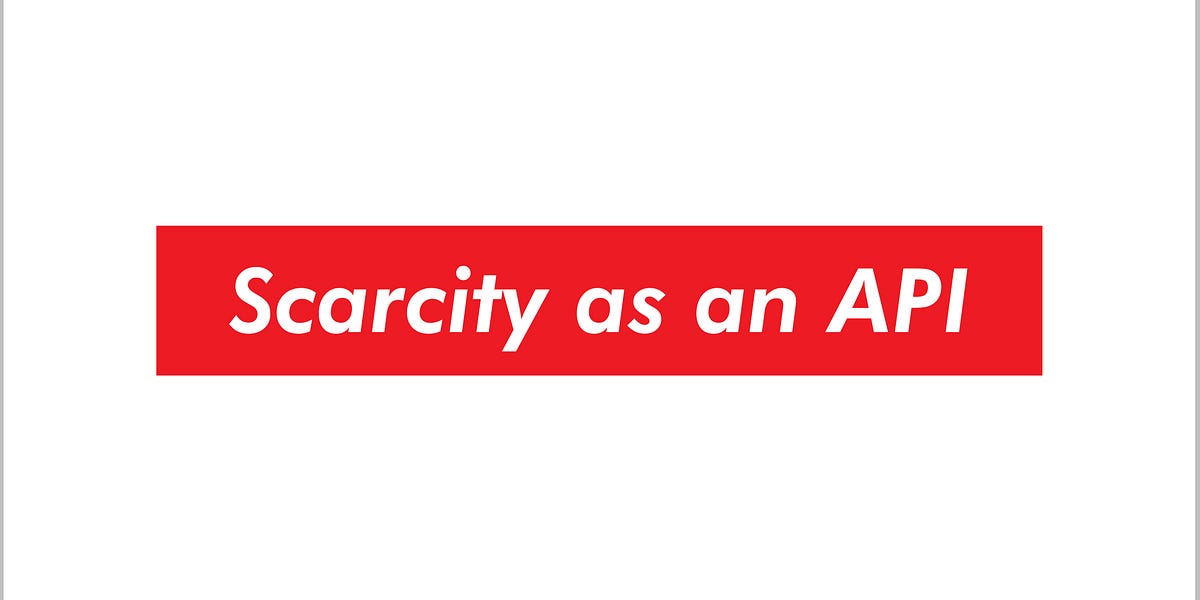Saved by sari
Digital music’s new drop culture
The return of scarcity. One of the defining features of digital media has been limitless supply. Media has long been premised on scarcity -- look at the Upfronts -- in order to drive higher pricing. Take the Bored Ape Yacht Club. Yes, it’s strange to see adults spend tons of money on cartoon primates. But what BAYC points to with its NFTs is that i... See more
Brian Morrissey • Why crypto
sari added
In some instances, scarcity produces status. The "drop" is one mechanism to create scarcity that has had a profound cultural effect in apparel and beyond. Going forward, we may see such practices used by software companies, potentially opening the door for "programmatic scarcity."
Mario Gabriele • Scarcity as an API
sari added
I think all of this feels more natural to people who are immersed in the fine art market, or the market for rare limited-edition sneakers, etc. (I am not!) These are markets in which scarcity by design is a huge part of the fun, and that’s not true for all, or even most, markets for creative work. (I’m thinking of the market for, say, streaming TV ... See more
Robin Sloan • A coat check ticket, a magic spell
sari added
As tech and culture further co-mingle, we should expect more startups to follow MSCHF’s lead, using drops to win attention. In the process, programmatic methods may rise to contrive scarcity reliably, at scale, online.
Mario Gabriele • Scarcity as an API
sari and added

sari added
The money flowing to recording artists dropped 65% in 15 years between 1999 and 2014 because digital music technology disrupted the mechanism the recording labels had for collecting money from consumers. With streaming technologies on the rise, and now NFTs, the tide has turned in the last 7 years. Same skills. Same inherent joy for the music maker... See more
James Currier • The Economics of Creativity: Who Gets Paid and Why
sari added
-By introducing digital scarcity and restoring pricing power to creators
Katie Parrott • The Web3 Renaissance: A Golden Age for Content
sari added
The idea that a song should cost $1 was completely arbitrary — a way to quantify music that felt, to use his word, "digestible." The advent of web3 presents an opportunity for alternatives that exist outside of this imaginary stranglehold but, in order to start thinking about music outside of our current model, we need to start thinking about the ... See more
Henry Ivry • Refraction | Rethinking the Value of Music in Web3
Walker Rockets added